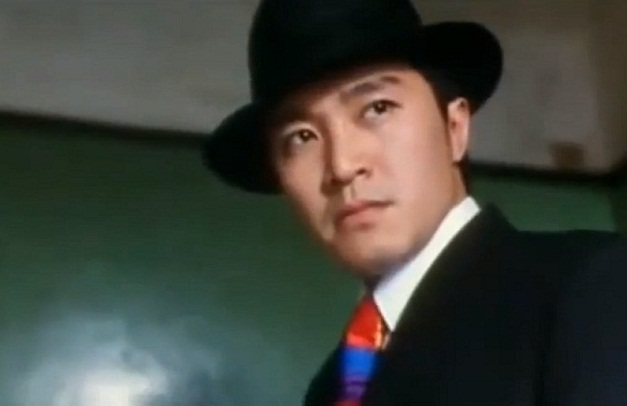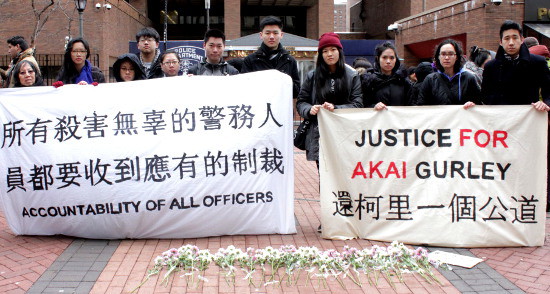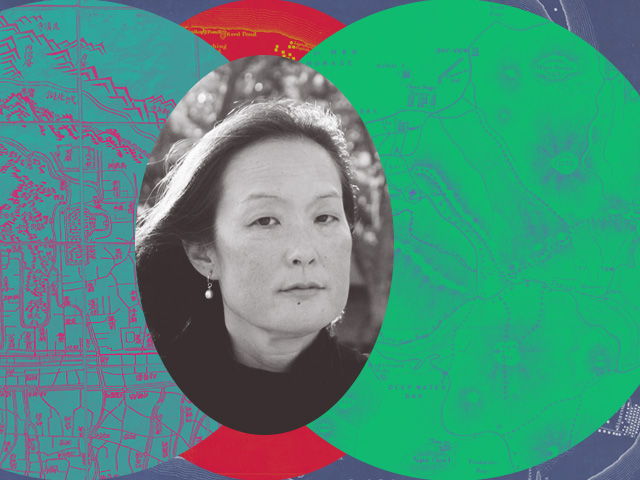The veteran comedian, actor and director was the epitome of Hong Kong’s ’90s-era mo lei tau subculture.

August 16, 2012
Chow’s films didn’t just provide comic relief in a time of anxiety. They modeled an absurdist attitude that young people could adopt in reaction to the senselessness of their surroundings. His influence on language was especially notable. The ever-transforming slang that was a dominant feature in Chow’s films became the language of the young. In fact, language had always been a problematic issue for the westernized colony. While English had been used as the medium of instruction in most schools, a majority of the public did not speak it in everyday life. Most comfortable in Cantonese, which, unlike Mandarin, is a spoken language and cannot be directly transformed into formal written Chinese, Hong Kong people were trapped between Chinese and English and sometimes considered “native” in neither. Chow’s slang effectively gave Hong Kong’s youth a voice they could claim as their own.
A true word wizard, Chow has coined countless unforgettable lines, which have been much mimicked in the streets, often out of context. “This is a shameful lollipop! After eating it, a person will feel very shameful about mistakes made in the past. It is a distinguished weapon in the world of trickery” (Tricky Brains, 1991). “Our chance encounter is only the prologue to a film. If we allow it to develop further, it will for sure turn into a great love story, and a pornographic one at that” (All’s Well, End’s Well, 1992). His lines are funny for what they mean, but also for the way in which they are delivered, how the words rhyme, how Chow plays with the sounds of Cantonese words, and how meaningless and devoid of context they can be. For young people, the ability to mimic Chow’s words formed a basis for solidarity, similar to Leo and Ah Qun’s shared belief in flying saucers and the Loch Ness Monster in Out of the Dark.
Chow’s world of nonsense offers a subversive challenge to reason, logic, and convention. Heroes in Chow’s films are often ungroomed, uneducated, and bumpkin-like underdog figures, whose extraordinary abilities are confirmed only after overcoming difficult hurdles: an unkempt bandit turns into the Monkey King, a superhero entrusted to protect a monk on his journey to collect important Buddhist scriptures (A Chinese Odyssey, 1994); a butcher who doesn’t know how to handle automatic firearms proves to be a brilliant secret agent (From Beijing with Love, 1994); and an undercover cop on a lousy mission to infiltrate a high school—who can’t even stay awake in class—eventually disbands gang control and wins the heart of a gorgeous teacher along the way (Fight Back to School, 1991).
At a time when Hong Kong young people felt helpless—felt indeed that a senseless situation was being foisted upon them—Chow’s cinema of the absurd provided them with a source of empowerment, allowing them to claim a linguistic space—one that excluded non-Cantonese speakers and older generations—and develop a sense of identity and solidarity. Everyday nonsense was used to fight political nonsense. In the face of an encircling absurdity, Chow’s films of the ’90s offered young people a collective and dismissive cry: “You are talking!” (你講嘢呀!)



